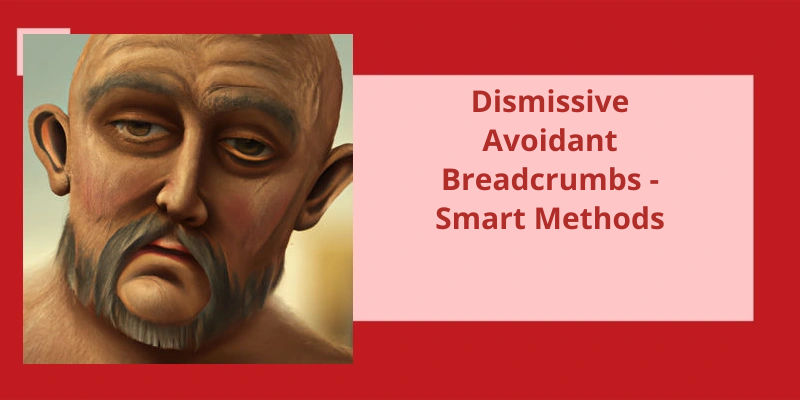What is your place of origin?
It is important to remember that when someone asks you “where are you from?”, they are usually asking about your country or city of origin. To answer this question, simply state the name of your country.
To sum up, the question “Where are you from?” is a common inquiry that is typically asking about your country or city of origin. To answer this question, simply state the name of your country. Knowing the answer to this question can help you to better understand the cultural context of the conversation.
What is your place of origin?
It is important to be specific when answering the question of where you are from. Depending on the context, you may need to provide the name of your home country or even more details.
Knowing the correct answer to the question of where you are from is essential in many situations. Depending on the context, you may need to provide the name of your home country or even more details to ensure accuracy.
What is the reason people ask where you are from?
asking where someone is from can be a way to connect with them and find common ground. It can be a way to show interest in someones background and culture, and to learn more about them. It can also be a way to show respect and appreciation for someones heritage.
Ultimately, asking where someone is from can be a positive experience. It can be a way to build relationships and foster understanding between people of different backgrounds. It can also be a way to show respect and appreciation for someones culture and heritage.
Is it polite to ask where you are from?
it is important to be aware of the potential consequences of asking someone about their perceived race, ethnicity, and nationality. This type of question can be damaging in the context of racism, anti-immigration, and anti-minority sentiments. It is important to be mindful of the impact of our words and actions, and to be respectful of the people around us.
To sum up, it is essential to be aware of the implications of asking someone about their perceived race, ethnicity, and nationality. This type of question can be hurtful in the context of racism, anti-immigration, and anti-minority sentiments. We must be mindful of the power of our words and actions, and be respectful of the people around us.
What is a way to sidestep the question of where you are from?
Through this conversation, it is clear that i am a u.S. citizen and resident, and my home is (town name). Although I like to think of myself as a citizen of the world, my home is still firmly rooted in the United States.
This conversation has highlighted the fact that although I may have a global outlook, my home is still firmly rooted in the United States. I am a U.S. citizen and resident, and my home is (town name). This is a reminder that although I may have a global outlook, my home is still firmly rooted in the United States.
What is your response when someone inquires about your residence?
It is grammatically correct to answer the question “where do you live currently?” with either a present simple or a present continuous answer. Both “I currently live in New York” and “Im currently living in New York” are valid responses to this question. This is because the present simple and present continuous tenses are both used to describe actions that are happening in the present. Therefore, either answer is appropriate for this question.
Conclusion
No matter where you are from, it's always fun to have a funny reply when someone asks you where you are from. Whether you say you're from the moon, or you're from a magical land, it's sure to bring a smile to the person's face. It's a great way to lighten the mood and make a conversation more enjoyable. Plus, it's a great way to show your creativity and sense of humor.






